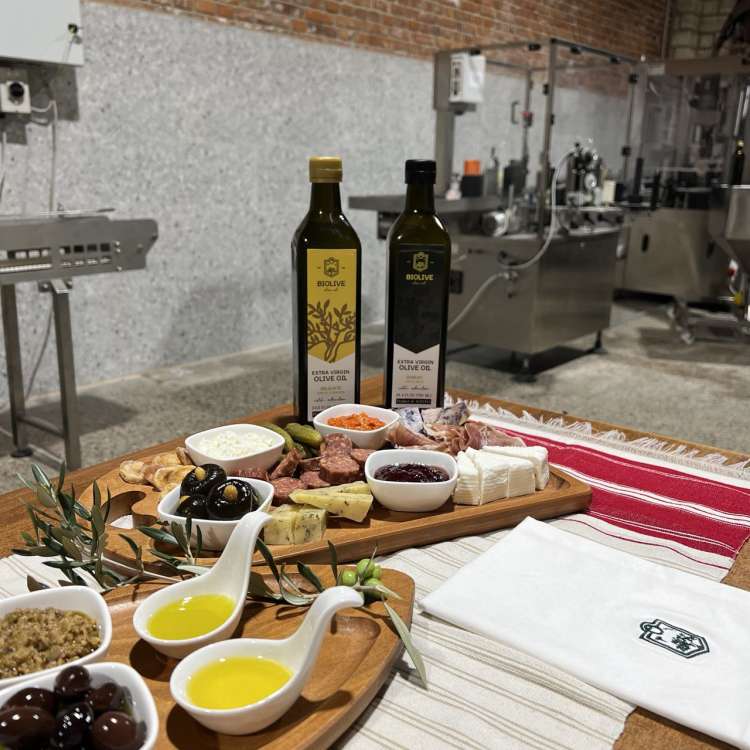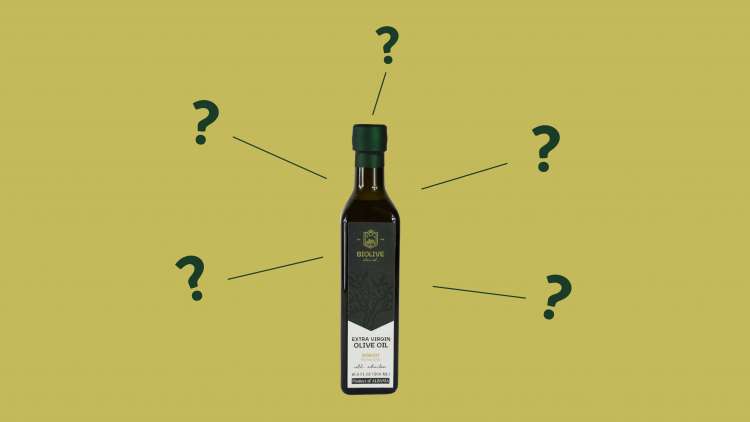From the sun-kissed Mediterranean region, where olives flourish, comes a fruit like no other. Olives are stone fruits akin to peaches and plums, but their oil possesses a singular taste and quality. Olive oil is not simply our product, but rather a gift from nature. Our duty is to extract it in the most delicate and respectful manner, preserving its natural essence, values, and health benefits.
Multiple factors determine the excellence of olive oil, including weather, harvesting method, soil, olive variety, and heat, which can harm the oil. The processing of olive oil also influences the quality of the final product. A producer has two choices: extract the oil at high temperatures or cold temperatures. High temperatures expedite the extraction process and result in more oil. In contrast, cold-pressed olive oil yields less oil but maintains its fresh flavor, aroma, and essential nutrients, including healthy fats and antioxidants. In contemporary times, the process of extracting olive oil has overtaken traditional pressing methods. Although extraction represents the latest technological advancement and “cold-extracted” is the right one, the term "cold-pressed" remains a commonly used phrase.
When cold-pressed, the olive fruit remains below 27°C (or 80.6°F), preserving the oil's properties. By pressing cold, most of the olive's nutritional value remains intact, while temperatures of 28°C (84°F) or higher cause the oil's volatile molecules and aromas to evaporate. Taste the difference of cold-pressed olive oil and enjoy its full spectrum of benefits.
Maximize the Benefits of Cold-Pressed Olive Oil with These Tips
Savor cold-pressed olive oil's richness by taking it by the spoonful or enhancing your dishes with its distinctive flavor. It pairs beautifully with vegetables, grains, cheeses, salads, and much more. If you plan to cook with extra virgin olive oil, it's best to use temperatures below 180°C and for minimal duration to preserve its nutrients.
It's also possible to cook with extra virgin olive oil at higher temperatures or for longer periods. To learn more about using extra virgin olive oil in your cooking, refer to the article below.
https://bioliveoil.com/blog/how-to-avoid-burning-extra-virgin-olive-oil-when-cooking
Source: Olive Oil Times


